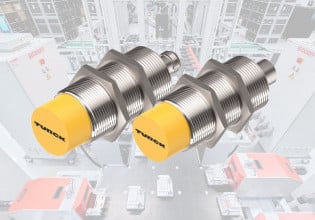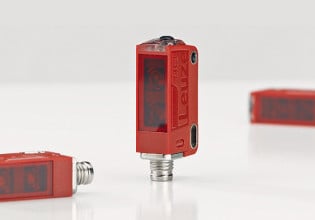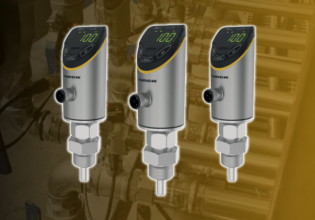L
We are using AB controllogix in one of our project. during commissioning we found that two of the temperature elements (thermocouple K type) drops down to 100 degree all of a sudden. we checked the voltage at the PLC end of the thermocouple cable and found that the voltage corresponds to 900-950 degree. To verify if its the issue with the channel or not, we connected it on another card, but there also we found the value as 100 degree.
we checked the range that we have given and it is 0-1200.
Its was working perfectly then all of a sudden the value dropped to zero; then after some hours it started showing the right value again then after some hours it dropped down. (this is not happening frequently that is what its confusing us).
could anyone please get the reason why its happening like this....
we checked the range that we have given and it is 0-1200.
Its was working perfectly then all of a sudden the value dropped to zero; then after some hours it started showing the right value again then after some hours it dropped down. (this is not happening frequently that is what its confusing us).
could anyone please get the reason why its happening like this....






